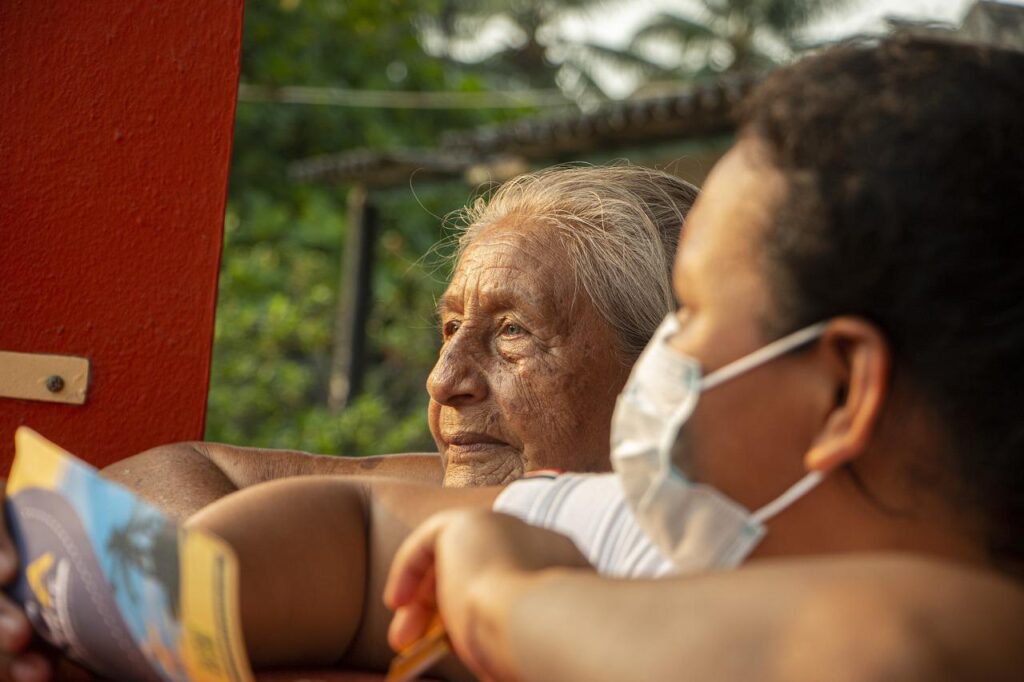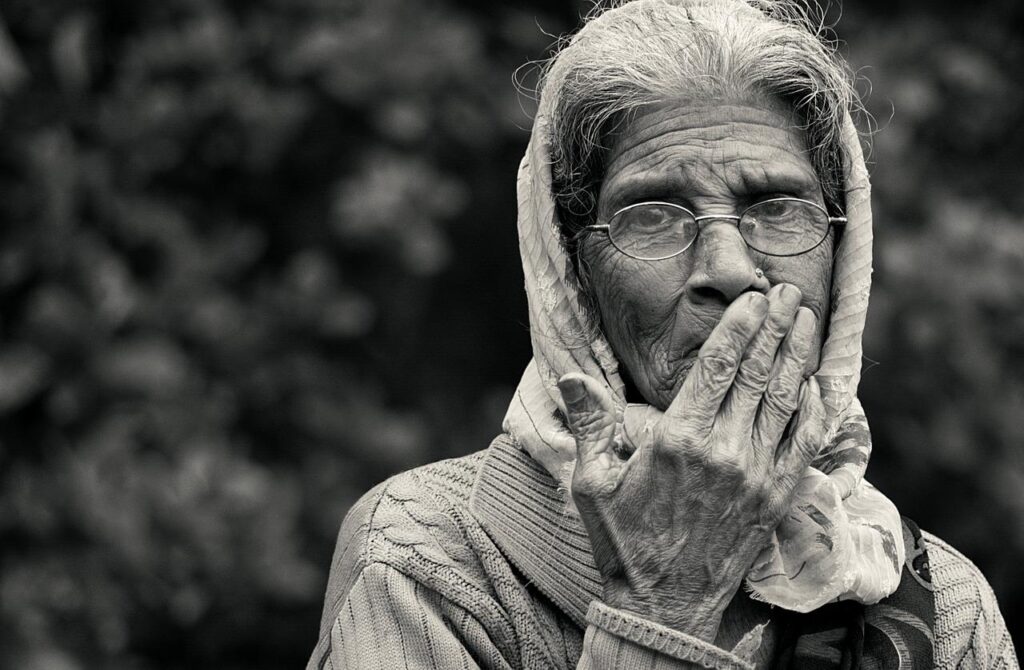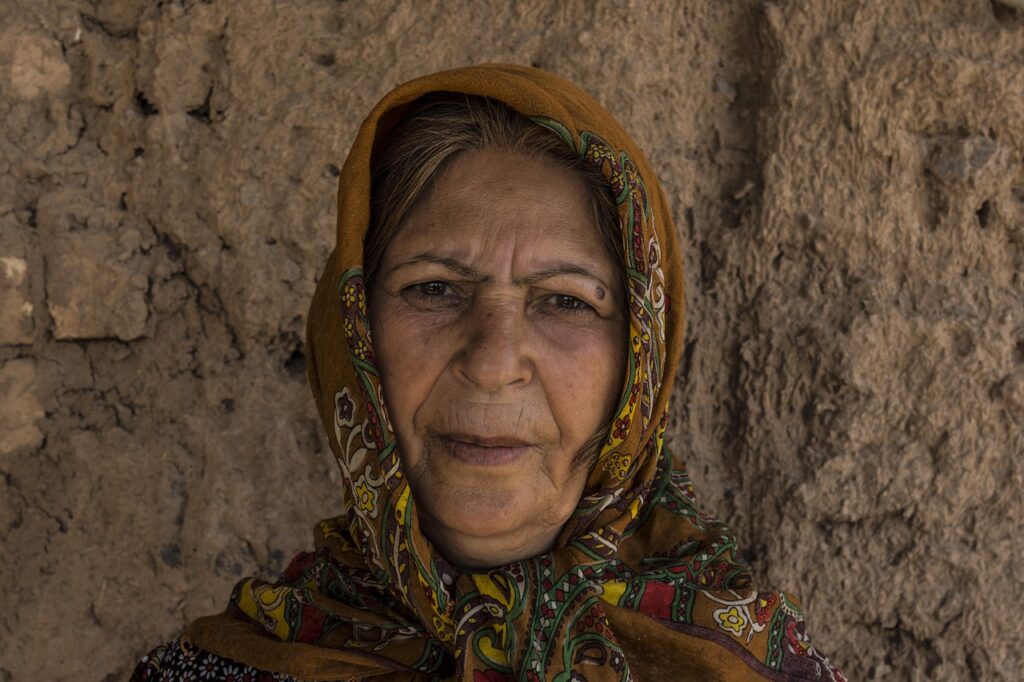
Throughout the 2 years starting from the March 2020 lockdown, who amongst the family was taking care of our needs and wants at home? If you answered ‘mothers’, you are absolutely correct. From cooking to cleaning, from washing to ironing, from disinfecting to nursing, every activity was done by the older women of the house as the bread winners were stuck at home with no logistics support.
However, no active mental or physical health support could be given to them at that time as everyone was worried about their own future and the uncertainty was too grave. They toiled in silence and suppressed every issue that arose, putting others’ needs above their own.
As we are emerging from Covid and looking to return to near normal lives (instead of the new normal), the health issues of our older women family members are gradually coming to light. Neglect of their physical follow ups and the burnout suffered by them during Covid has caused major health concerns.
We need to consider the health and well-being of our family caregivers who have taken such good care of us not just during the lockdown but throughout our lives.

Elderly women, our matriarchs, and the backbones of our households, suffer from some common problems as they age and these can be easily addressed at home before they cause long term disease, distress, or hospitalisation.
Anaemia & Low Albumin – Although they know half a dozen household remedies, they themselves suffer from Iron deficiency anaemia because they are the last to eat, often eat small portions or even leftovers and do not consume enough proteins. They also are often suffering from heavy periods or have dysfunctional uterine bleeding. They avoid discussion of such problems with family members leading to dizziness, weakness, palpitations and even falls.
Calcium & Vitamin Deficiencies – The bones of elderly women tend to lose calcium due to hormonal issues. Many women may even suffer from severe aches and pains due to silent osteoporosis and even develop fractures. Vitamin B, C and Vitamin D deficiencies are almost endemic in this age group and cause chronic fatigue and frailty.
Gynaecological Issues – Menopause can play havoc with a woman’s normal lifestyle including causing severeheadaches, hot flushes, and high BP. There may be leakage of urine due to a weak pelvic floor and abdominal hernias may develop due to weak abdominal muscles in the absence of good diet and exercise. Frequent Urinary tract infections also cause their overall health to deteriorate.
Diabetes and Heart Disease – As the protective effect of the female hormones wear off, both the blood pressure and blood sugar levels rise leading to heart disease. Chest pain in an elderly woman is likely to indicate a cardiac event and should be addressed with proper investigations at the earliest.
Mental Health Concerns – With changing family dynamics, older women of the household have gotten increasingly isolated with children moving away. After devoting the greater part of their lives for others, they are suddenly left with nothing in hand, especially when their health is failing and their anxieties are rising. The ‘empty nest’ syndrome is often critical in determining the health and productivity of such women and proper psychosocial support can achieve wonders.
Although it seems that the list of common disorders suffered by elderly women is long, all of these can be detected and cured / supported fairly early if the younger family members are a bit proactive and the good news is that they do not have to step out of their homes to take care, because we are just a call away.

Our home health team is well geared up to take care of our mothers, whether fully active, or suffering from physical, mental or psychological distress. Our team physicians are fully supportive of their needs and are experts in prying out important bits of information from them no matter how reluctant they are, and then piecing together the jigsaw puzzle to develop a well-defined care plan.
The aim of such a plan is to ensure that our dear family caregivers can be taken care of at home itself and we can ensure that they need not reach a stage where they need to be hospitalised and treated with high dose of antibiotics and pain killers.
So, let us remember to call for a doctor to do a proper check-up at home and advice timely tests and medications to those who take the best care of us!
